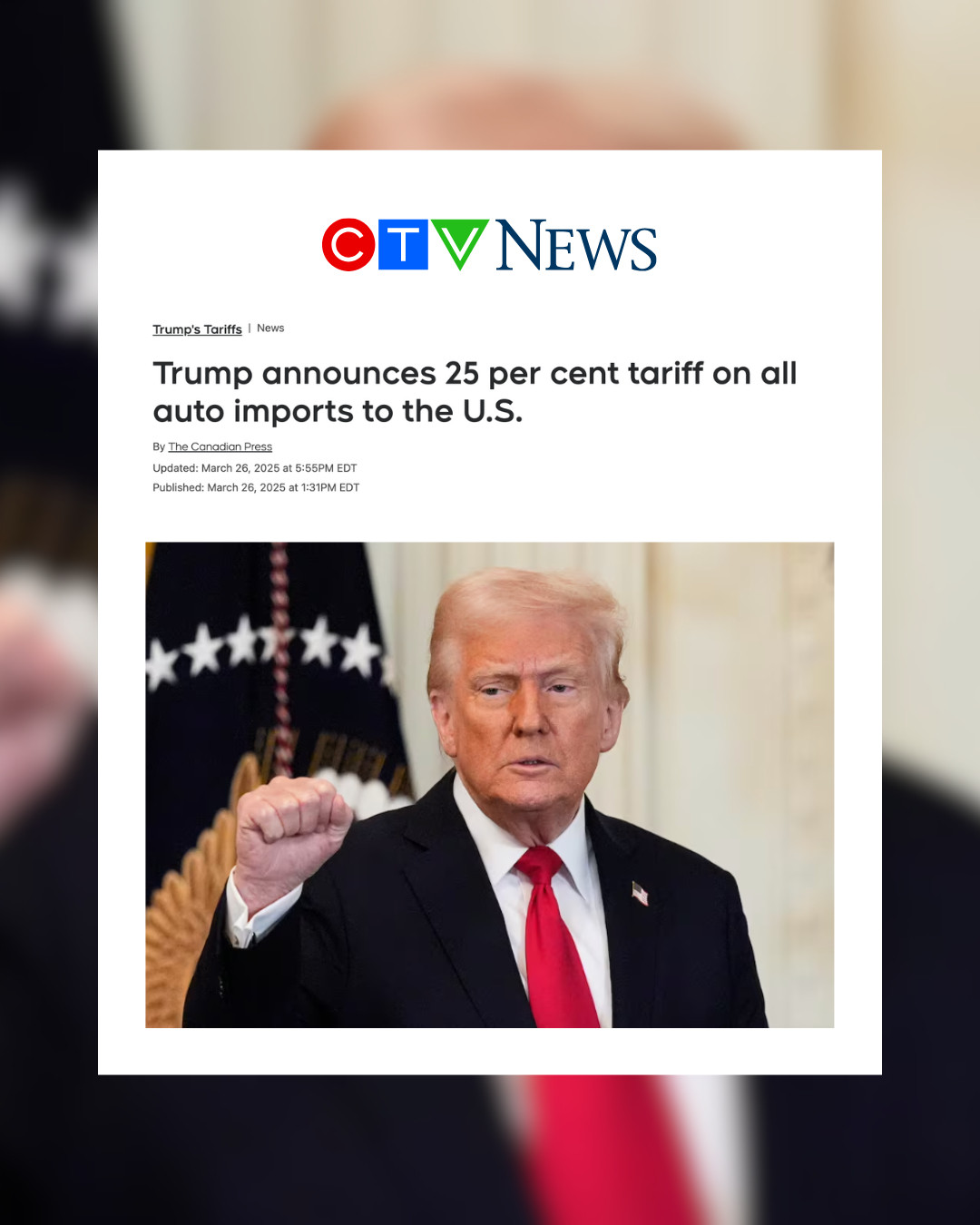[The] Bottom line
This is a pricey measure that disproportionately benefits the rich and some middle-income earners (and only a sliver of them) and it barely moves the needle for the lowest-income earners. The expenditures are so large and these parties are so concerned with having no deficits that they’ll require massive cuts elsewhere to balance the budget. We are yet to see a detailed list of those cuts, but I look forward to examining them when they come.
Methodology
All figures are using Statistics Canada’s tax modelling software SPSD/M 30.3. All figures are projected for 2025 to provide an “apples to apples” comparison of the proposed changes in the same year. The Conservatives would phase in their tax cuts until 2027, at which point they estimate it would cost $14 billion, but this simulation examines the impacts of the Conservative plan in 2025 so timing differences don’t come into play and the two proposals can be directly compared.




I mean, we live in a democratic society, so free speech is encouraged.
Edit: also if there were a hypothetical system superior to proportional representation, I'd be in favour of it after rigorous consideration. I'm not bound to any particular electoral system.
How is that a "bad outcome" when it's literally what people voted for. Electoral systems are not supposed to decide the ideological makeup of government.
It's not PR you are against, you are against a characteristic inherent of democracy itself.
Is this worse than the big tent parties we have now, that members can't vote or think independent of their party leaders?
What does this have anything to do with our conversation? We aren't discussing representative democracy versus direct democracy. We are discussing proportional representation vs non-proportional representation.